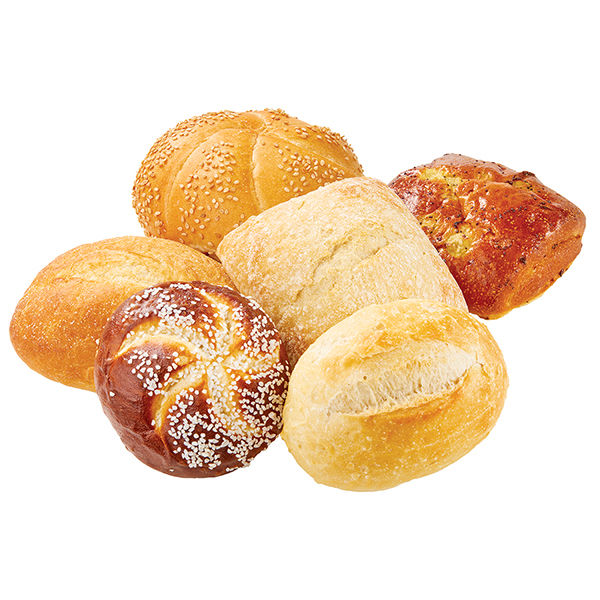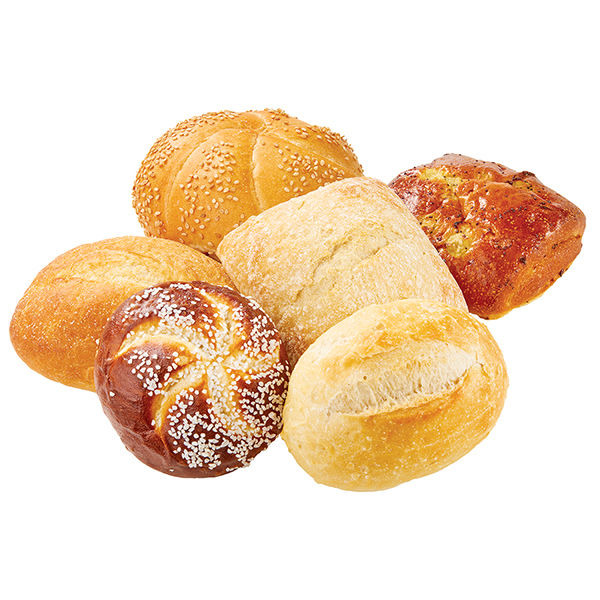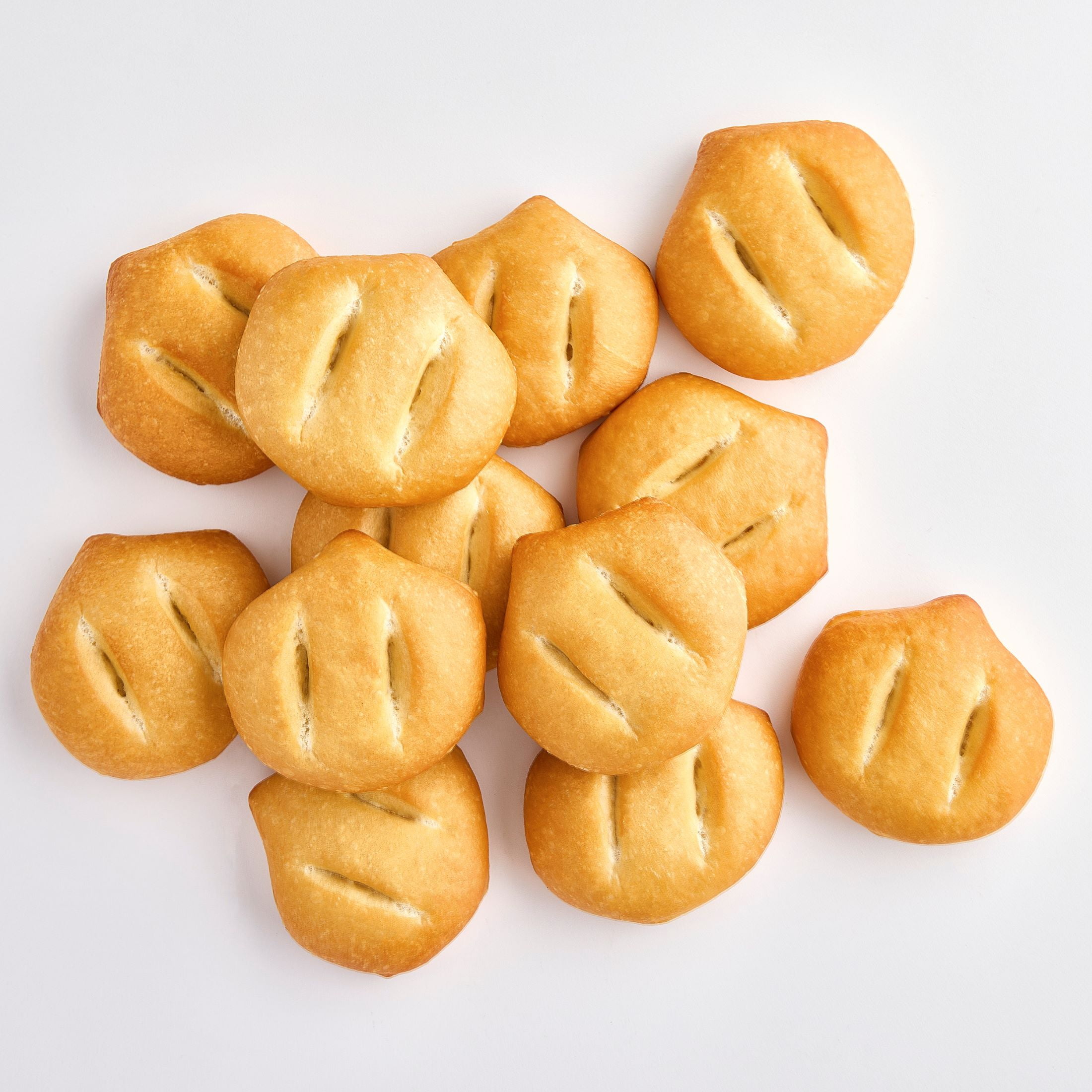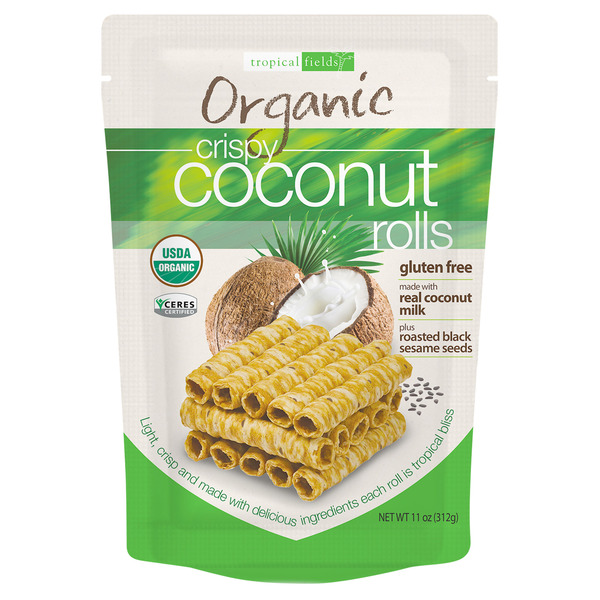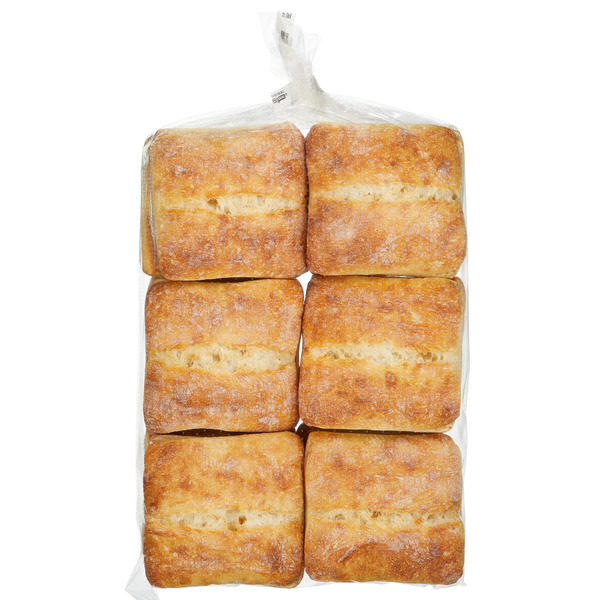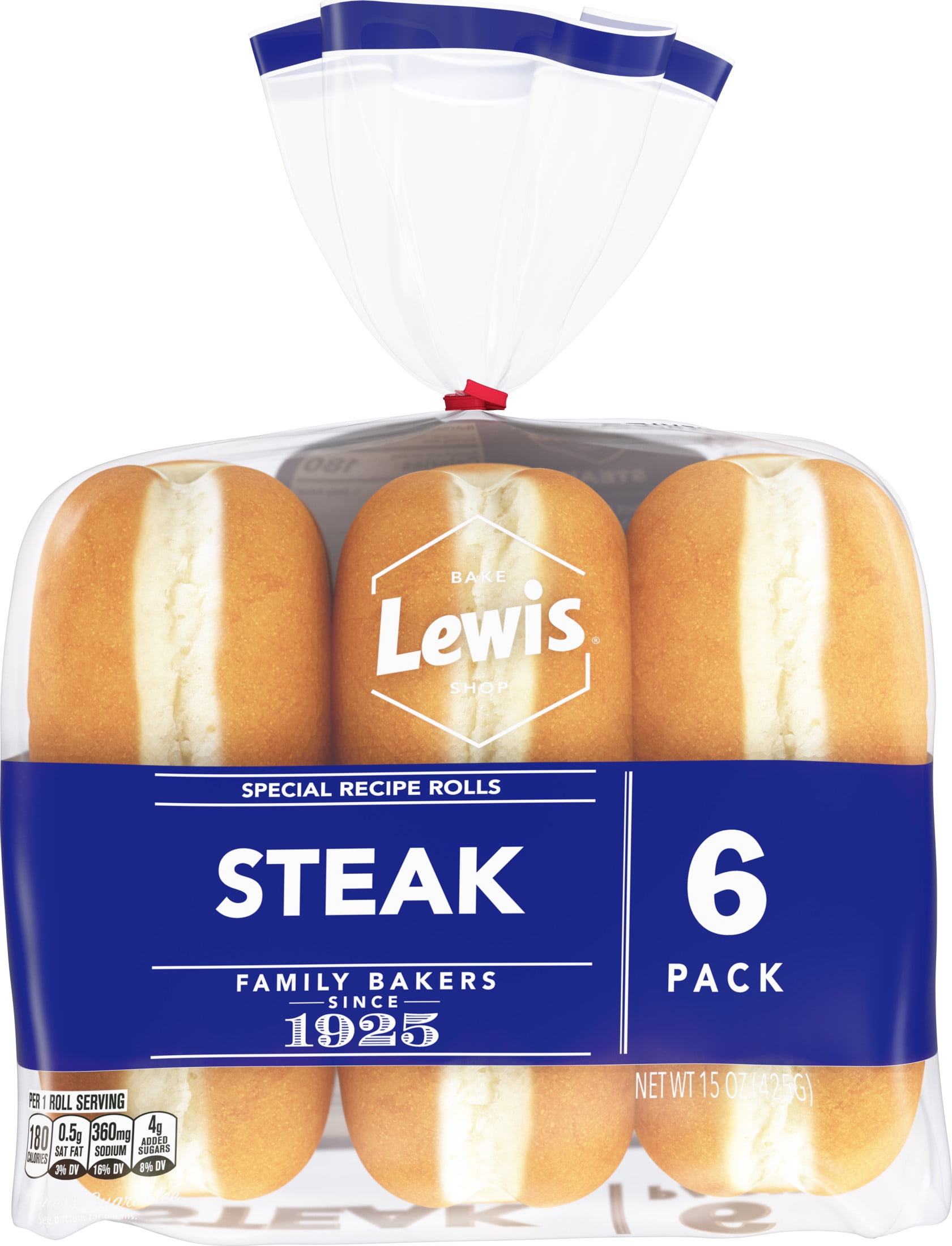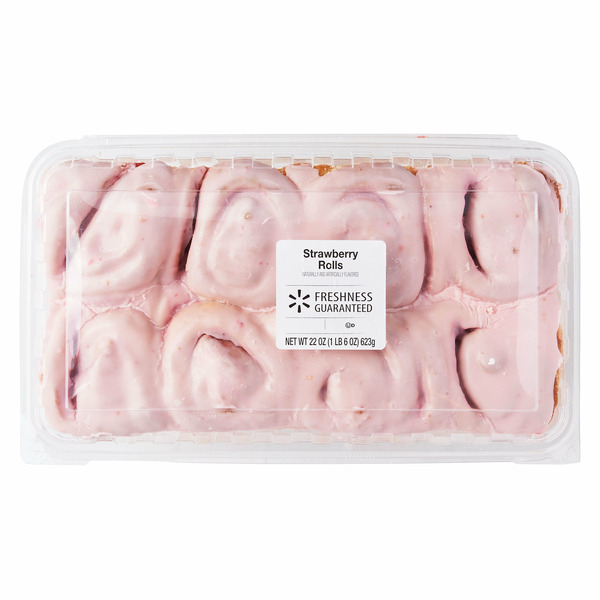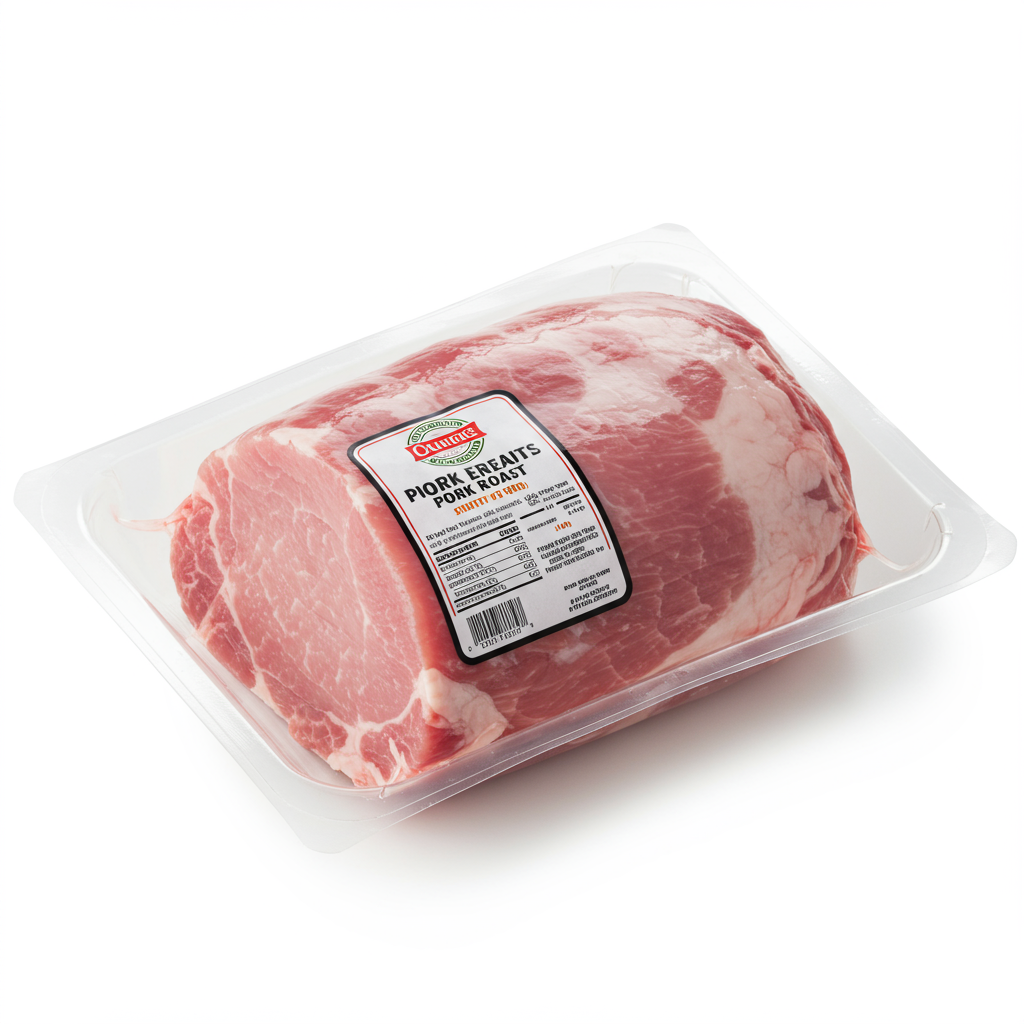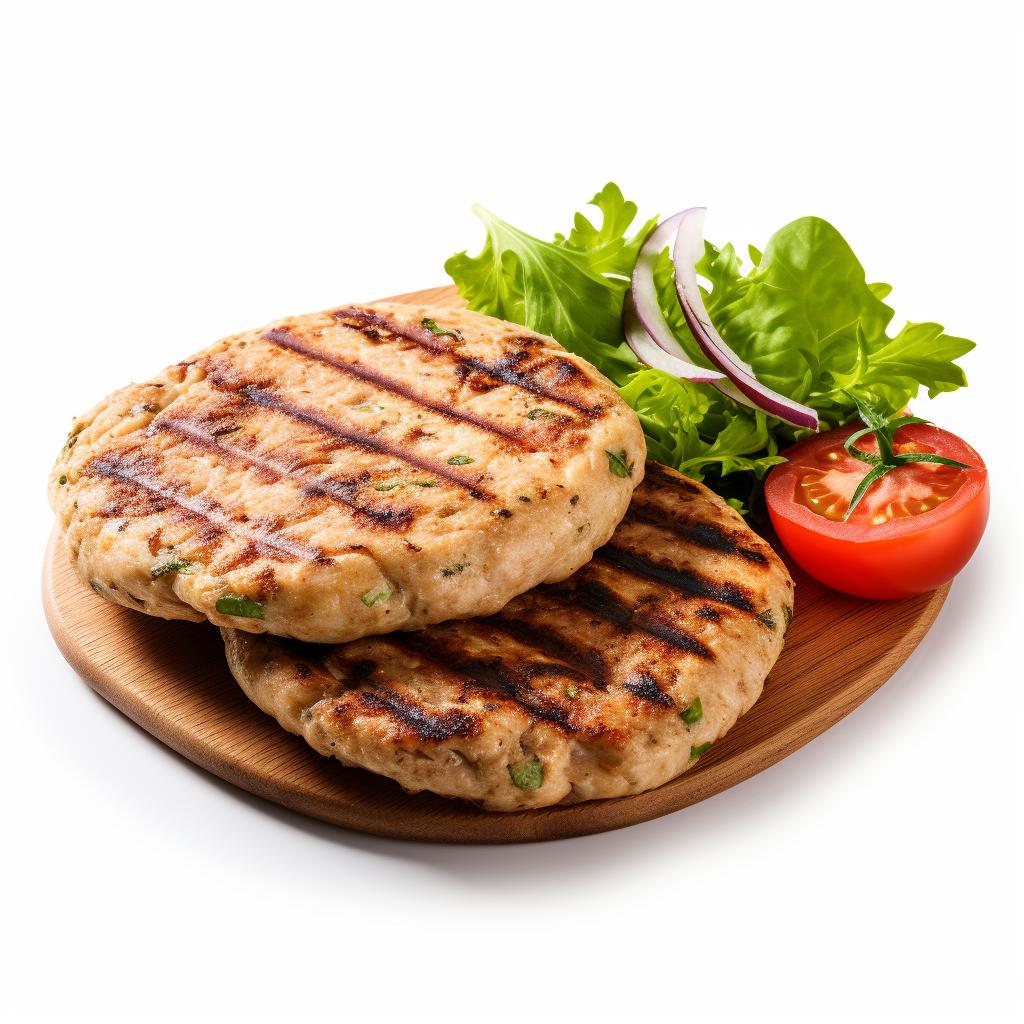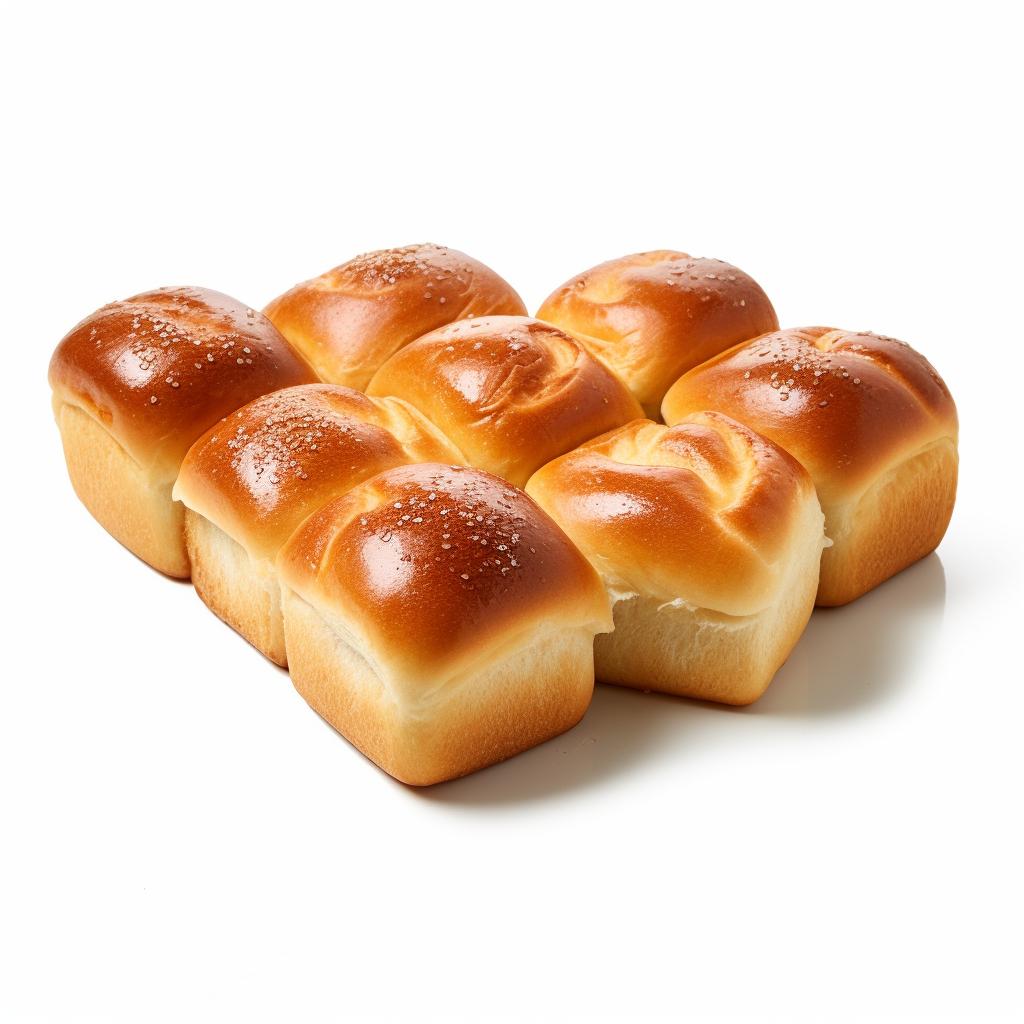Rolls
Rolls, often known as dinner rolls or bread rolls, are small individual servings of bread commonly made from wheat flour, water, yeast, sugar, and salt. A staple in various cuisines worldwide, rolls come in diverse forms, flavors, and textures, providing a versatile component to accompany soups, stews, or salads and satisfying appetites as a snack or finger food.
Home cooks frequently enjoy the ease and satisfaction of preparing freshly-baked rolls from scratch, often adapting traditional recipes to accommodate personal tastes or dietary restrictions. With their inherent flexibility, rolls can incorporate various flours, seeds, and mix-ins, emphasizing the wide assortment of possibilities that they offer.
80%
CARBS
7%
FAT
14%
PROTEIN
2,463 Rolls Products
Wegmans Bulk Rolls
Wegmans Bulk Rolls
Rolls - Large
Kirkland Signature Artisan Rolls, 12 ct
Wal-mart Bakery 1/2sheet Yellow Cake With Image
Tropical Fields Organic Coconut Rolls
Kirkland Signature Artisan Rolls, 12 ct
Lewis Bake Shop Steak Rolls 6 ct Bag
Schimidt Old Tyme Premium Long Rolls
The Bakery at Walmart Strawberry Rolls
8 Recipes for Rolls
Rolls Are Frequently Used With
Rolls FAQ
One of the most common issues people encounter when baking rolls is the bread not rising sufficiently, which can be due to several factors such as old yeast, improper kneading, too cold or too warm environment for the dough to rise, or not enough rising time. Other times, the rolls might turn out too hard or dense instead of being airy and light, usually because of over-kneading or using too much flour.
To get the most out of your rolls, be sure to use fresh ingredients and follow the recipe's instructions regarding kneading and proofing times. Bakers often recommend placing the dough in a warm environment for the yeast to activate correctly.
One little-known trick is to use an egg wash (a beaten egg mixed with a tablespoon of water) brushed onto the dough before baking to give the rolls a shiny, golden-brown crust. Another tip for creating soft and fluffy rolls is to keep them covered with a damp cloth during the second rising time. This prevents a skin from forming on the dough, which could inhibit its final rise.
Here are the 10 most common questions that people have about baking rolls:
Why aren't my rolls rising?
Why are my rolls hard and dense?
How can I make my rolls softer?
Can I use whole wheat flour in rolls?
How can I add more flavor to my rolls?
Can I make rolls ahead of time?
Why are my rolls not browning on top?
How do I make sure my rolls are cooked in the middle?
Can I freeze my rolls?
What's the best way to reheat rolls?
Expiration & Storage Tips
When does rolls expire?
Unopened store-bought rolls usually last for about 5-7 days past their printed date if stored at room temperature, and opened packages should be consumed within 2-3 days for best quality. Homemade rolls are best enjoyed fresh and typically last 1-2 days at room temperature. If you need to extend their life, freezing is a great option. Rolls can last in the freezer for around 2-3 months.
How do you tell if rolls is bad?
While rolls don't generally become harmful to eat, they might lose their taste and aroma over time. If the rolls have hard or tough texture it’s a sure sign they are drying out and are past their prime. A more clear sign of spoilage is the presence of mold - look out for any green, black or white spots on the surface of the roll. If you see any mold, it’s best to throw the rolls away.
Tips for storing rolls to extend shelf life
• Keep the rolls in a cool, dry place.
• Bread boxes are ideal for storing rolls as they balance the humidity to prevent them from getting too dry or too moist.
• Avoid storing in the refrigerator since the cool temperature will accelerate staling.
• If you need more time, consider freezing the rolls for future use. Wrap each roll individually in a freezer-safe bag to prevent freezer burn.
• If you've frozen rolls, you can defrost them by leaving them at room temperature or gently warming in the oven.
EXPIRES WITHIN
11 - 29
DAYS
Equivalents
Substitutes

Brioche Roll

Challah Roll

Cheese Roll

Bolillo Roll

Ciabatta Roll

Garlic Roll

Herb Roll

Sweet Roll

French Roll

Dinner Roll Dough
See All
Health Info
Macros
21g
CARBS
1g
FAT
3g
PROTEIN
Allowed on these diets
LOW FAT
HIGH CALCIUM
VEGETARIAN
VEGAN
LACTOSE FREE
Contains these allergens
WHEAT

